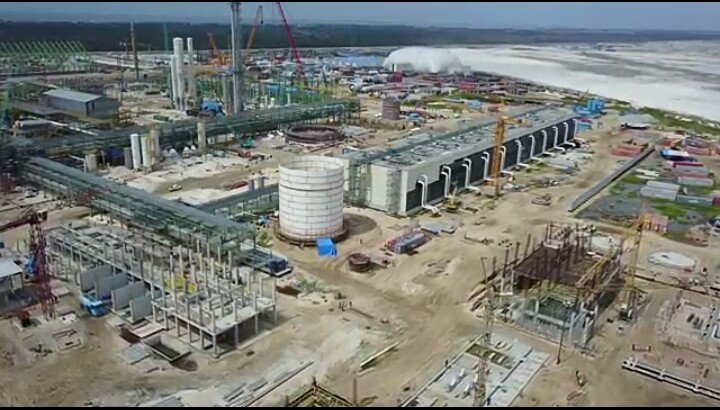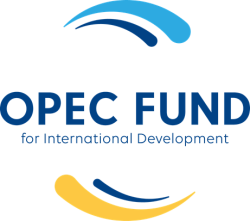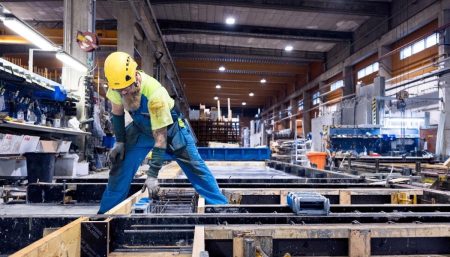
18 September 2016, Abuja – The Nigerian economy recorded a total decline of $2.1bn in investment inflow in the first 12 months of the administration of President Muhammadu Buhari.
The $2.1bn, when converted based on the N305.5 per dollar official exchange rate of the Central Bank of Nigeria, translates to about N642bn.
Investigations by our correspondent showed that since July 2015, the country had been experiencing persistent decline in the value of direct and portfolio investments.
An analysis of the capital importation report obtained by our correspondent from the National Bureau of Statistics revealed that the country attracted a total investment inflow of $2.75bn in the third quarter of 2015.
However, owing to the harsh operating environment coupled with exchange rate uncertainties, the inflow had declined by $2.1bn to $647.1m at the end of June this year.
The report stated that all the three major components of investment such as Foreign Direct Investment, portfolio investment and other investments recorded huge declines in the one-year period.
In terms of FDI inflow, an analysis of the report showed that the economy attracted the sum of $717.72m as of the third quarter of 2015.
The inflow, according to the report, dropped to $133.02m at the end of the second quarter of this year.
For portfolio investment, which is made up of equity, bonds and money market instruments, the report stated that the sum of $1.09bn was invested in the third quarter of last year.
The $1.09bn investment, it added, dropped by $673.68m to $245.32m at the end of June this year.
For other investments made up of trade credits, loans, currency deposits and other claims, the report stated that the sum of $1.02bn was invested in the economy as of the third quarter of last year as against $268.77m in June this year.
The NBS attributed the decline in investment to the harsh economic climate, stating that the investment attracted within the first six months of this year was the lowest in Nigeria’s history.
It said, “The continuing decline in the value of capital imported into the economy is symptomatic of the difficult period that the Nigerian economy is going through.
“The second quarter saw the economy enter into the first recession during the rebased period, according to the technical definition of two consecutive periods of decline.
“This may suggest less profitable opportunities for investment. In addition, in the second quarter, there was considerable uncertainty surrounding future exchange rate policy, which may have deterred investors.”
Commenting on the drop in investment inflows into the country, financial analysts said the current fiscal and monetary policies of the government were not friendly to investors.
The President, Abuja Chamber of Commerce and Industry, Mr. Tony Ejinkeonye, told our correspondent that a lot of investors were unwilling to bring in their funds due to the tough economic environment in the country.
He said the tough operating environment had led to the closure of so many companies in Nigeria, adding that there was a need for the government to address the structural challenges, which had made the operating environment hostile.
He listed some of the areas that were scaring away investors to include uncertainty in the foreign exchange market, hostile business climate, infrastructure deficit and the absence of adequate incentives to attract investors into key sectors of the economy.
Ejinkeonye told our correspondent that what the country needed currently was for the government to implement a well-articulated industrial plan.
This, according to him, is needed in order to begin a new era for industrial development in Nigeria.
- Punch



